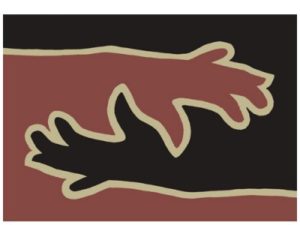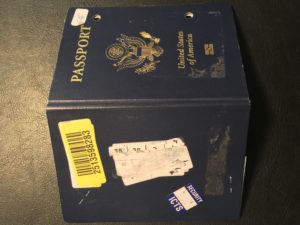
At Shavuot, how we receive the gift of Torah is one of the great questions posed. I found a path towards understanding in a passage of the Talmud.
One is really two and two is really four. This is not a set of alternative facts but an insight from the Talmud (BT Shabbat 2a) about the nature of things. Shavuot is the time of the giving of Torah. But in any transaction there are two components, giving and receiving; one is really two. But it doesn’t stop there.
Both giving and receiving are either active or passive. In giving, we can thrust it towards another actively or we can be passive and open our hands for the other to take it. Similarly, in receiving, we can actively take the gift with eagerness and enthusiasm, or we can open our hands to passively receive the gift that is to be bestowed upon us. Two is really four.
So at this time of matan haTorah, the giving of the Torah, how do we receive it? Our tradition focuses that this is a gift from God to us and it is about the giving. The Eternal gave it once but we are always receiving Torah. And although we think of ourselves as all being at Sinai in this incredible moment, each generation comes to Torah to take it as their own. It is entirely up to us to accept it passively or embrace it actively.
How will we come to Torah?
Will you grab the Torah with gusto or just accept it. Is it truly a gift a living thing that brings meaning to us, something extraordinary to be treasured, loved, and lived; or is it some musty manuscript kept safely away in an Ark in a place we rarely visit if ever? The choice is ours, collectively and individually.
Perhaps it is this distinction in the way we receive this gift that helped God understand that the generation that received Torah was not the generation ready to enter the Promised Land. For the way we receive a gift can affect how the giver gives the next gift, which builds on the first. If we receive it enthusiastically and with gratitude, the gift giver might be more excited to bestow the next gift. And if we receive it passively perhaps the giver might consider whether, in fact, the recipient was ready for it or for the next gift.
This brings to mind the phrase mitzvah goreret mitzvah (Pirkei Avot 4:2) a good deed encourages more good deeds. So at this special time and place, are we able to exclaim a special Shehecheyanu, enthusiastically offering gratitude to God for this amazing gift of Torah, and use it to live our lives fully and with meaning, and preparing ourselves for God’s next gift?





